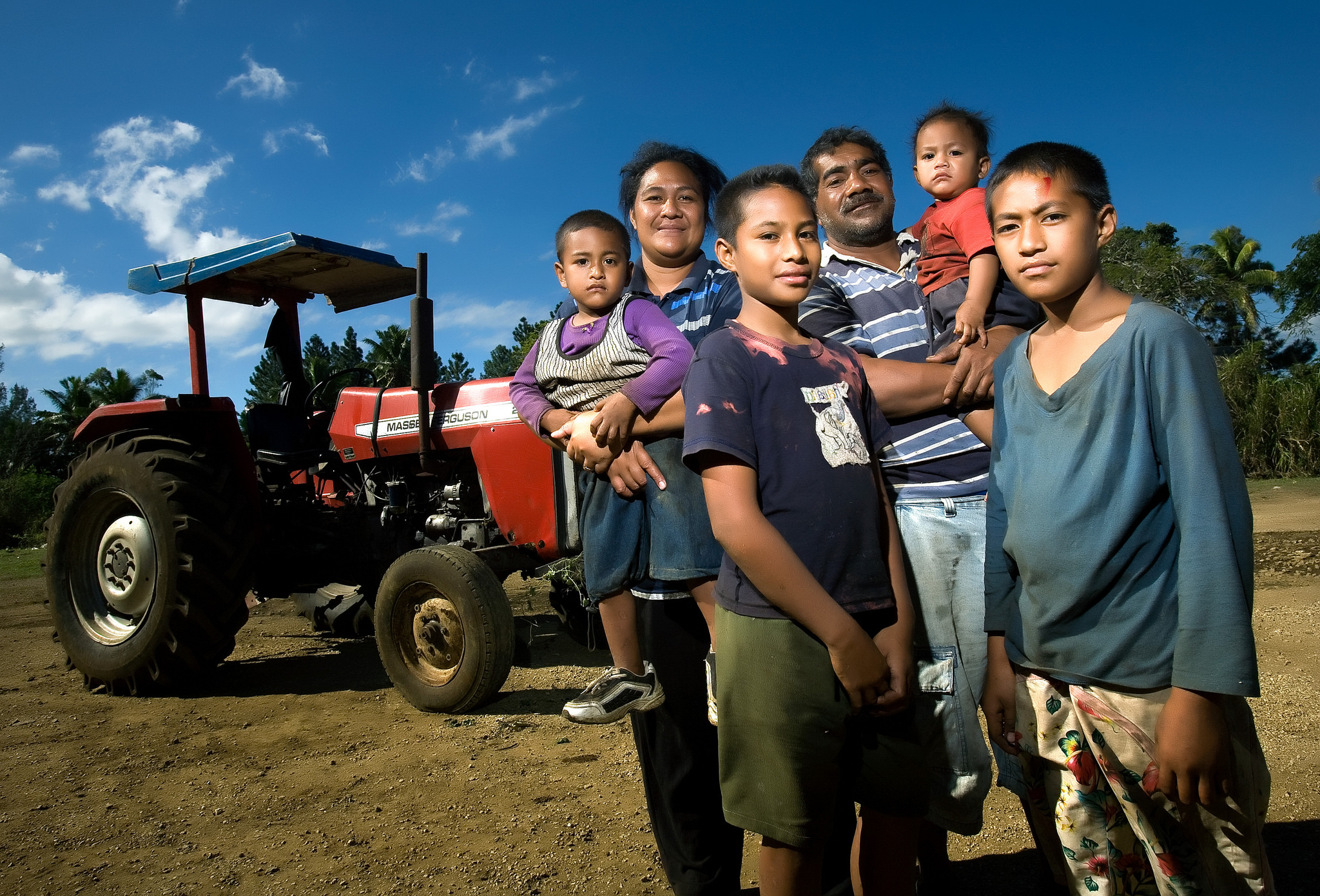



Article by: Hari Yellina
Autumn is crunch time for Joe Ceravolo’s orchards, with the apple harvest beginning in South Australia’s Adelaide Hills. However, according to the fourth-generation farmer, getting sufficient people to harvest is becoming a major difficulty. “If you’re employing labour hire businesses at these times of year, it’s really difficult to increase your labour force,” Mr Ceravolo added. “It’s been quite tough to build up operations for two, three, or four weeks and start harvesting far more than you want to.” Despite the fact that his company, Ashton Valley Fresh, had many regular staff, he said he required greater flexibility during peak season. Mr Ceravolo said, “That was my toughest hurdle last year.”
The Pacific Labour Scheme and the Seasonal Worker Program were consolidated into one this month by the federal government. Employers and employees were told that the redesigned Pacific Australia Labour Mobility Scheme (PALM) would make things easier. The single system is overseen by the Department of Foreign Affairs and Trade, with important changes including visa validity being extended to four years, multiple entrance, and increased flexibility for workers to travel around. Mr Ceravolo, on the other hand, claimed that the program’s barriers to participation were too high for small enterprises like his. “With the plans, you need to shelter [the workers] and ensure they have access to shopping and other necessities,” he said.
Mr Ceravolo said he was keener than ever in taking advantage of the possibility to recruit Pacific Islanders after hearing encouraging stories about the programme from other farmers. “They are really dedicated, hardworking, and eager to do the job rain, hail, or shine,” he remarked. Almost 25,000 labourers from the Pacific Islands have landed in Australia since the COVID-19 outbreak began. A tiny number of these workers were engaged directly by businesses, despite the fact that the majority of them were hired through labour hire companies. Changes brought in through the PALM system, according to Approved Employers of Australia executive director Steve Burdette, could help smaller producers.
Mr Burdette explained, “Those producers can then relocate the employees between those sites.” With the creation of a complaints record and enhanced scrutiny on deductions, Mr Burdette believes the programme would actually raise the bureaucratic burden for firms once fully implemented. He said he planned to voice his worries about the restrictions at a PALM session this week in Canberra. “There is a lot more monitoring that needs to be done, and we believe that a lot of it is going to increase expenses to the system.
While some concerns remain to be resolved, the PALM initiative is projected to improve foreign worker training options and cultural assistance. This comes as a new Australian study indicated that Pacific Islanders who work for small enterprises have a better experience than those who work for larger corporations. On smaller holdings, according to lead researcher Federico Davila of the University of Technology Sydney, there was a two-way exchange of knowledge regarding agricultural methods such as pruning, irrigation, and pesticide use. “We spoke with 63 seasonal workers from Tonga, Vanuatu, and the Solomon Islands and discovered that roughly 46% of the participants implemented the skills in their home countries,” Mr Davila said.
“Intriguingly, one of the things we discovered was that through being exposed to what they do on Australian farms, Australian employers learned a great deal about Pacific cultures — methods of knowing and ways of working.” Mr. Davila believes that the programme may be improved by formalising information sharing and identifying all agricultural activity as skilled. “In terms of the number of hours worked, the physical and mental labour necessary, this is an exceptionally skilled job.”